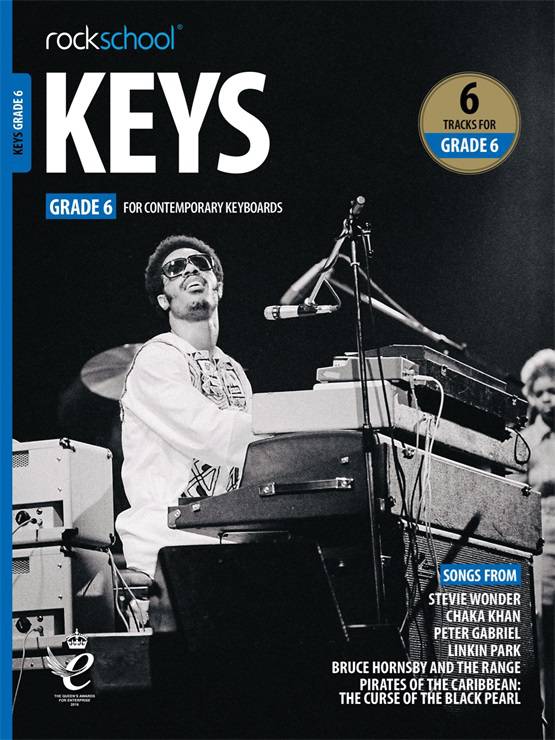
Music Production Grade 6
The world's first Music Production Graded Exam
Enter for your Music Production exam in four quick steps
The next deadline is 1 May
Music Production Grade 6
The Grade 6 Music Production exam is for candidates who have mastered basic music production technique and can use creativity to enhance their productions.
Key Features at Grade 6
What you'll learn at Grade 6:
How the exam is assessed
Candidates are required to complete a written exam, a listening test and two practical tasks.These are designed to explore theoretical knowledge of the subject and practical skills using a Digital Audio Workstation. The Grade 6 exam is divided into 3 sections:
Section 1 - Theoretical written exam
This will assess the candidate's knowledge and understanding of the following two sections:
At Grade 6 the theory content covered will include subject areas such as creative uses for studio hardware, lossy audio formats, balanced audio, cloud storage, plugins, multi microphone technique, automation, basic software synthesis, dynamic range and sound isolation.
At Grade 6, candidates will be expected to:
Section 2 - Listening test
The listening test will present candidates with questions relating to sonic fidelity, music theory and harmony and stylistic awareness. Audio files will be presented to the candidates and questions will relate specifically to the relevant audio file. This will assess the candidate’s ability to hear and interpret:
At Grade 6, candidates will be expected to:
Candidates are advised to practice these techniques using the mock assessment files available from your secure area.
Section 3 - Practical assessment
The Practical Assessment is divided into two sections:
The completed session files must be appropriately named, saved and shared with your examiner as instructed, including all associated audio files. It is vital that candidates are able to accurately save their work as failure to do so will result in an unclassified mark.
Timing
The exam lasts 180 minutes.
Equipment information
On your exam day, you must bring:
Info: * Candidates without their own headphones will be unable to sit the exam.
Your exam centre will provide:
Info: GarageBand, Cubase Elements and Cubase LE are only suitable for grades 1 to 5.
Books for Music Production Grade 6
-
 Music Production
Grade 6
Music Production
Grade 6
The Music Production Grade 6 book contains everything you need to sit your Grade 6 exam.
-
 Piano
Grade 6
Piano
Grade 6
The Rockschool Grade 6 Piano book is the ideal preparation for your Grade 6 exam.
-
 Keys
Grade 6
Keys
Grade 6
The Rockschool Grade 6 Keys book is the ideal preparation for your Grade 6 exam.
-
 Guidebook
Grade 6 - Grade 8
Guidebook
Grade 6 - Grade 8
Rockschool's Guidebooks are the ideal introduction to music theory for musicians, composers, students and teachers.

